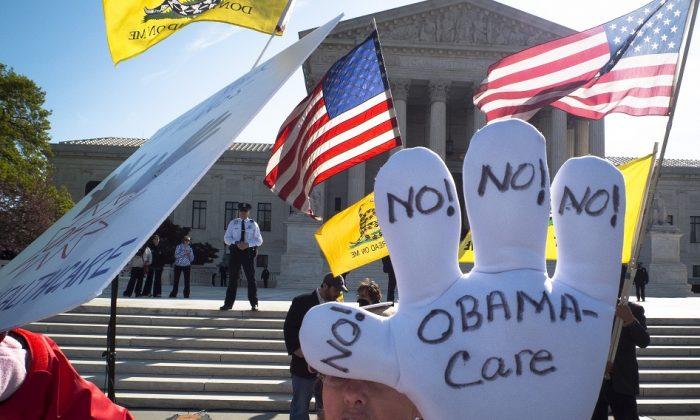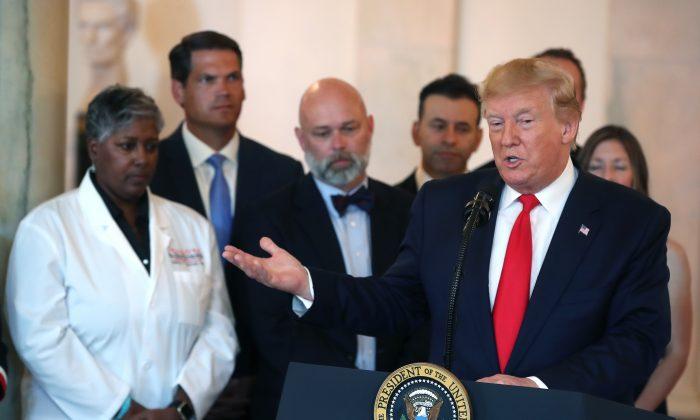When the Trump administration expanded short-term, limited duration health care plans from three months to less than 12 months with the option to renew twice, many saw it as a slow blood-letting of the Affordable Care Act (ACA), commonly known as Obamacare.
With premiums getting steeper for people those whose care isn’t subsidized, these short-term plans, meant to cover gaps in regular health insurance coverage, seemed like a viable alternative to exchange or work-based insurance plans.
But it’s not the first or only alternative to Obamacare—health care sharing ministries (HCSM) have been available as an exception in the ACA since its inception.
HCSMs are a network of people, usually of the same religious faith, who agree to pay each other’s medical costs through regular dues.
While these ministries are not insurance companies, they do qualify as coverage when it comes to the individual mandate, which required people to pay a penalty if they didn’t have health care for more than three months.
HCSMs aren’t subject to the same requirements as other health insurance plans, in terms of being required to cover Obamacare’s 10 essential health benefits or pre-existing conditions, although many do. They also don’t have to cover things that may go against members’ beliefs, such as contraception or abortion.
With Samaritan Ministries, which has been around since 1995, members pay monthly dues, but money is not pooled. When a person gets sick, they submit a claim to Samaritan, and if Samaritan approves it, the nonprofit will ask other members to send their “share” to that person directly. Those needing medical care may also receive prayers and other forms of spiritual support.
Under federal law, HCSMs must comprise members with a common set of ethical or religious beliefs, must be a nonprofit, and must have existed before 1999.






